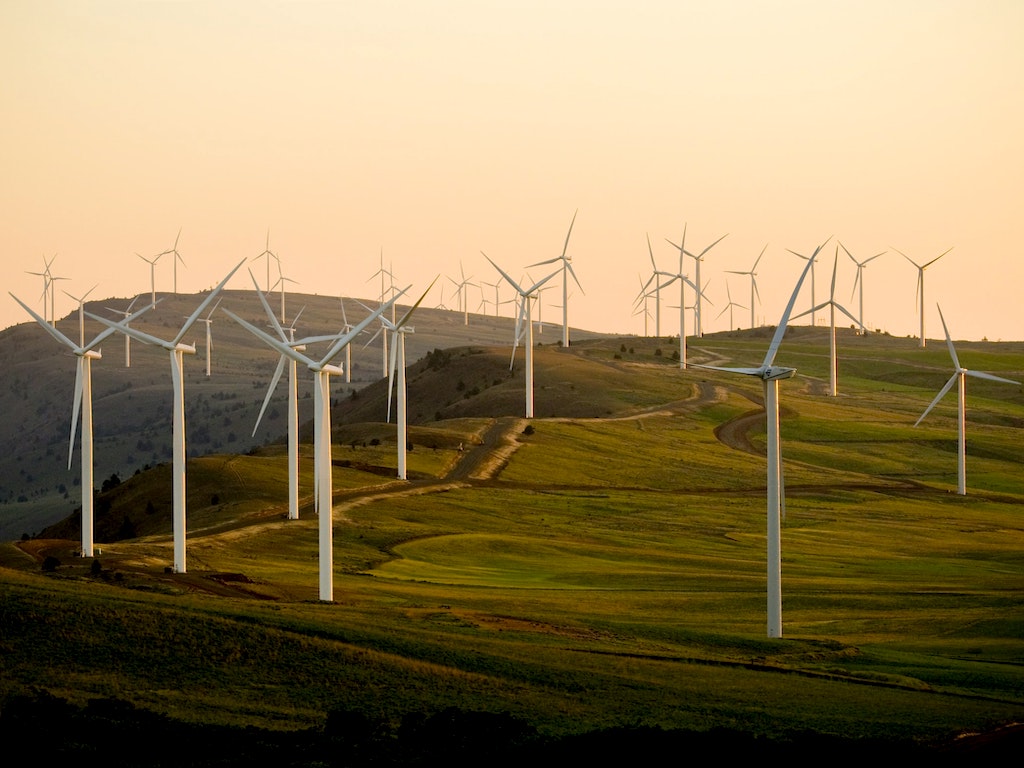3 Mins Read
The International Energy Agency (IEA), the global energy watchdog, said that the coronavirus pandemic has triggered the biggest energy crisis in 70 years and that renewable electricity will emerge as the only resilient source. In the report, the experts also said that this will lead to the collapse in fossil fuel demand, which could mean greater hope for the planet to slash global carbon emissions in order to avoid what scientists predict could cause overlapping climate catastrophes that would spell disaster for life on earth.
In a new report, the IEA said that the most severe nosedive in energy demand since the second world war brought about by Covid-19 will mean historic lows for global consumption of oil, coal and gas. Overall global energy demand is likely to drop 6% this year – equivalent to the combined energy demand of France, Italy, Germany and the United Kingdom.
Severe travel restrictions have caused the biggest slump in oil demand in a quarter of a decade, and gas consumption is expected to decrease by 5%, reflecting the steepest decline since gas became widely used in the past few decades. Coal is predicted to fall by 8%, the biggest drop in 70 years.
While fossil fuel demand plummets, the agency predicts that renewable energy will continue to grow and become the sole source that is resilient to the current energy shock as a result of the pandemic crisis. The Paris-based energy authority used data from every country and all energy sectors to determine the impact of Covid-19 on the global energy system.
Read: Coronavirus may hamper clean energy transition & climate action
“The plunge in demand for nearly all major fuels is staggering, especially for coal, oil and gas. Only renewables are holding up during the previously unheard of slump in electricity use,” said Fatih Birol, the executive director of the IEA.
Analysts predict that renewable energy will grow by 5% this year to make up 30% of the world’s electricity demand. This will mean that clean energy will play its largest role in history in the global energy system this year, which is good news for the environment as it will help slash global carbon emissions and accelerate the much-needed transition to a low carbon economy system.
Covid-19 has triggered a complete crisis for dirty energy commodities. Oil market prices collapsed in April, and the United States saw its oil prices turn negative for the first time in history.
“It is still too early to determine the longer-term impacts. But the energy industry that emerges from this crisis will be significantly different from the one that came before,” Birol added.
While the world’s energy watchdog believes that the growth of renewables will bring about positive change for the planet, it warned against overoptimism that the fossil fuel industry crisis will be enough to avert the climate emergency.
Read: Opinion – Michael Moore’s ‘Planet of the Humans’ film trashes clean energy, offers zero solutions
Earlier this year in March, the IEA warned that multi-billion dollar investments in clean energy investments that are necessary to help the world transition into a low carbon economy have too been impacted by Covid-19, and that current stimulus packages being rolled out amidst the global economic downturn need to be geared towards clean energy technologies to bring about faster change.
Environmentalists and climate activists are also warning that the drop in fossil fuel consumption and corresponding global carbon emissions is likely to be short-lived, and may begin to rebound once the pandemic is over.
This is already the case in China, where the economy is beginning to restart as the country begins to reopen. According to the Finland-based nonprofit Centre for Research on Energy and Clean Air, air pollution levels, energy use and carbon emissions output has been on the steady rise since the end of March.
Governments must therefore factor in climate change during the pandemic and as economies begin to recover. Many activists have previously pointed out that the coronavirus response around the world has proven that drastic, decisive and rapid measures can be rolled out in times of crisis as long as there exists the political will to do so, and a similar approach must also be taken to tackle the climate crisis.
Read our earlier coverage of Covid-19 here.
Lead image courtesy of Unsplash.




